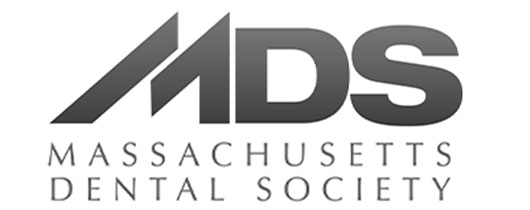Every patient who comes to our office receives an initial periodontal evaluation as part of their first exam. A portion of this evaluation is dedicated to periodontal charting, a process that includes the inspection of the tissue that immediately surrounds your teeth. Why is it important? Unhealthy gums are associated with bone loss, infection, and can even correlate with other major health issues such as heart disease and diabetes. The sooner we can catch potential problems, the quicker we can treat them and prevent further issues.
Key Components of Periodontal Charting
Teeth, Gums, and Implants
A big part of the charting process is evaluating your teeth, gums, and any implants you may have. As we inspect the gum tissue, we’ll measure potential pocket depths and make note of any recession, bleeding, or inflammation.
Plaque and Tartar
As part of your exam, we also watch for plaque and tartar. These deposits on the surface of teeth can cause gum disease and need to be treated.
Dentition
When inspecting your “dentition” (the development and arrangement of your teeth) we look for the following: Cavities, erosion, abrasion, oral lesions, and the status of any previous restorations (fillings, crowns, etc).
Occlusion
Periodontal charting also includes the inspection of your bite, otherwise known as your dental “occlusion.” We want to ensure that you have a healthy and properly functioning bite, so we’ll be watchful for three different types of occlusion—static, centric, and malocclusion. To measure your static occlusion, we simply observe your bite when your mouth is at rest. Centric occlusion, on the other hand, is observed by watching you actively bite down. A properly aligned bite will not have any degree of overbite, underbite, or crossbite; these types of bites are known as malocclusions and they prevent the teeth from fitting together correctly.
X-Rays
A radiographic exam is not only important for looking at the health of your teeth, but it also allows us to view the quality and quantity of the underlying bone. By keeping an eye on these things we can prevent tooth loosening and potential tooth loss.
Periodontal charting helps us define a baseline of your personal oral health. By updating your chart on each office visit, we’ll monitor and track your dental history. Our staff will work with you to create any needed treatment plans and help you achieve the best possible future for a bright and healthy smile.



